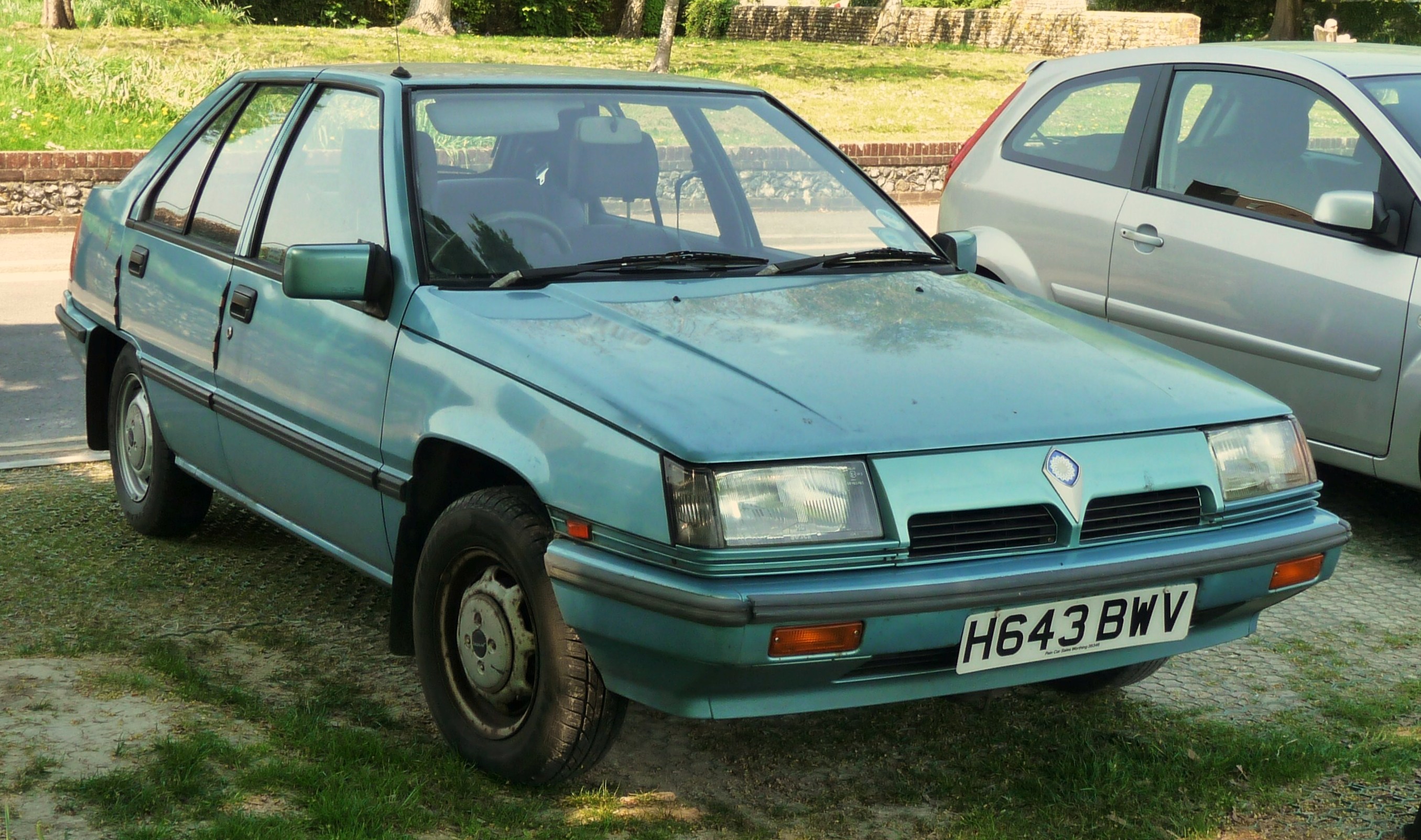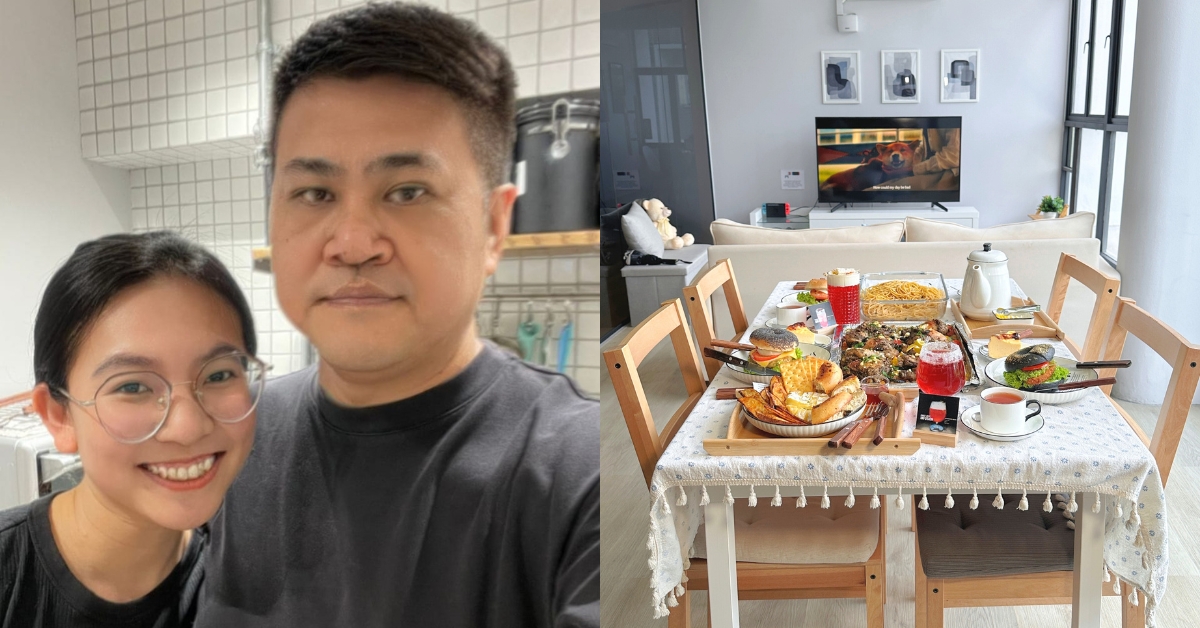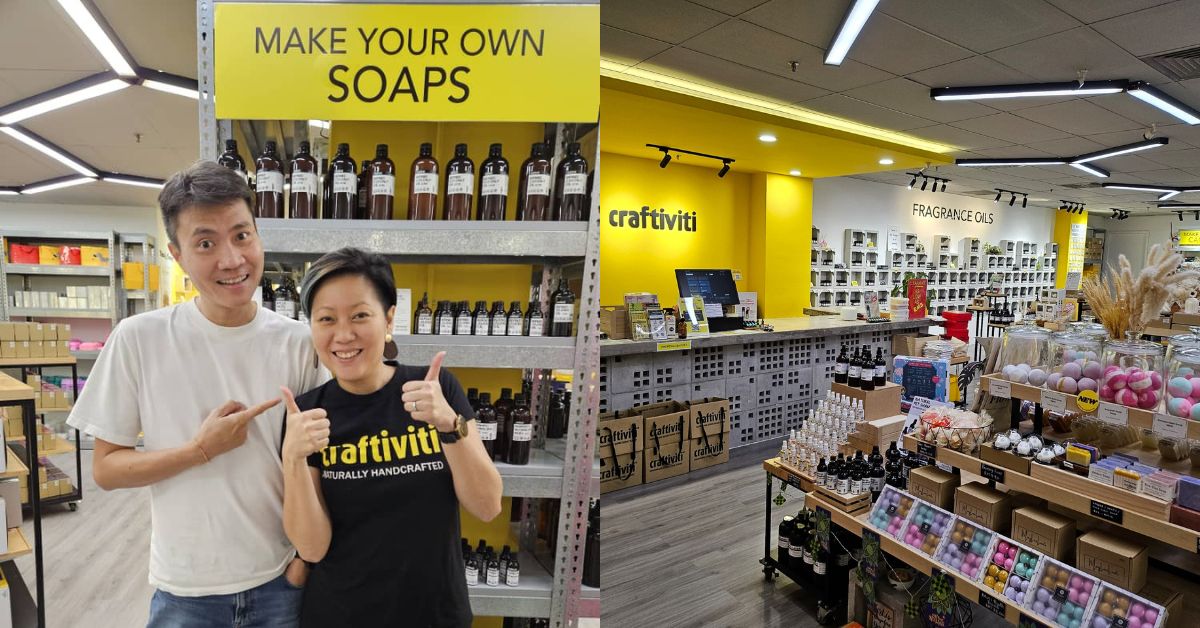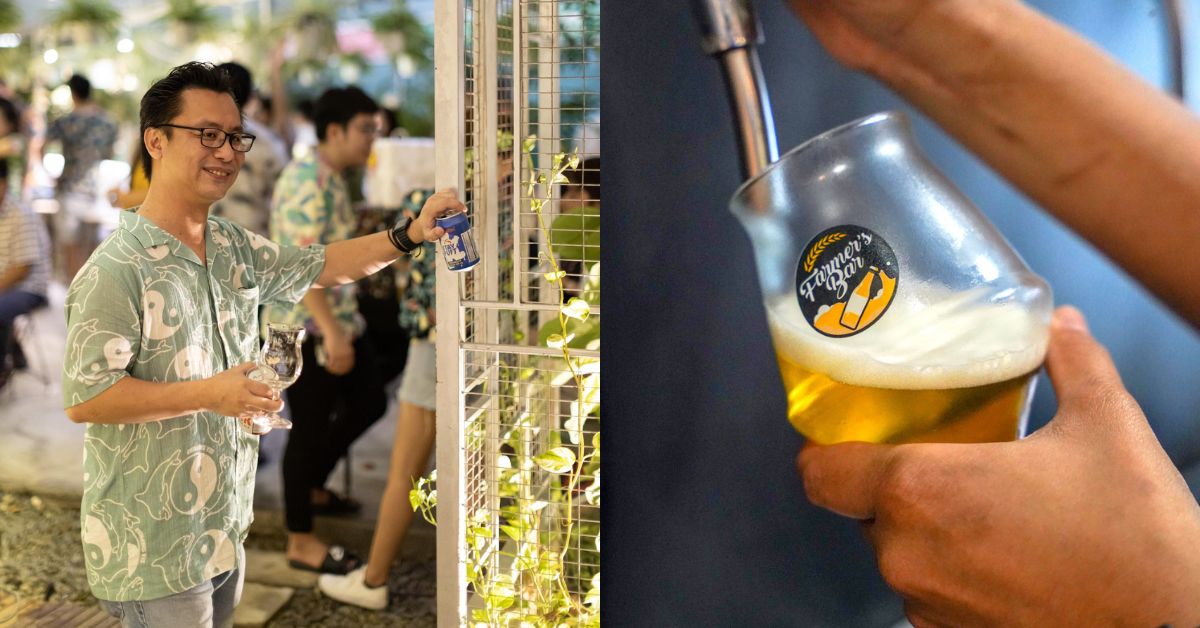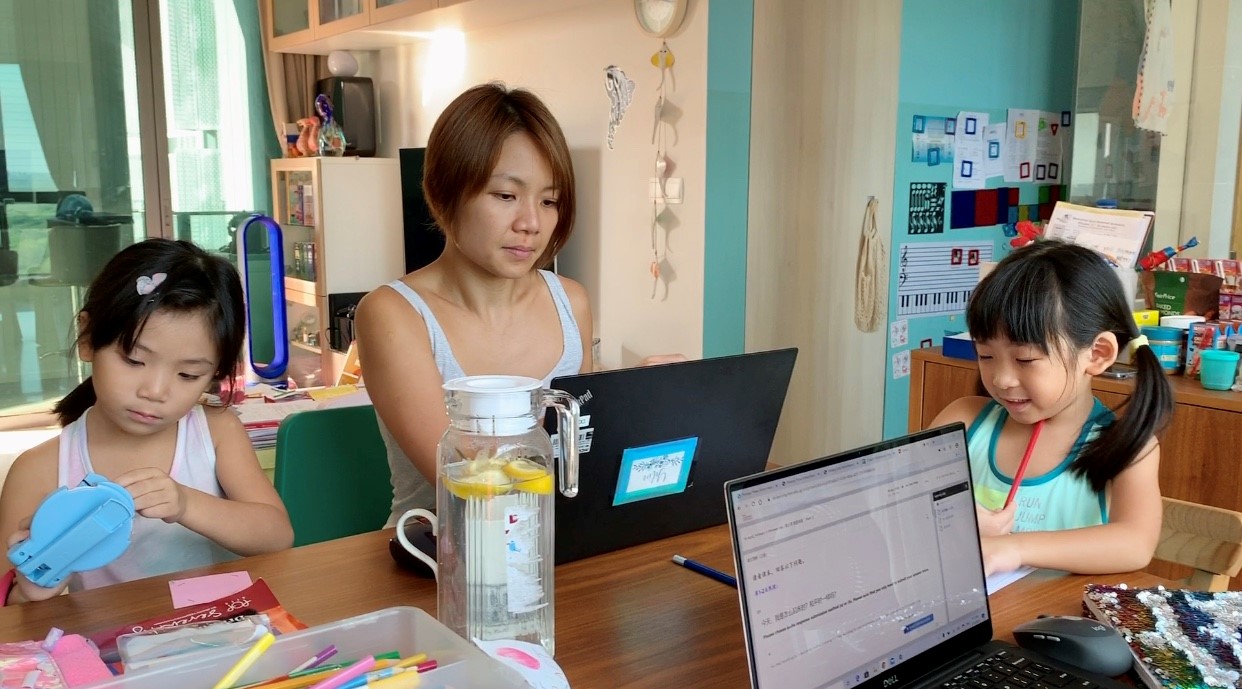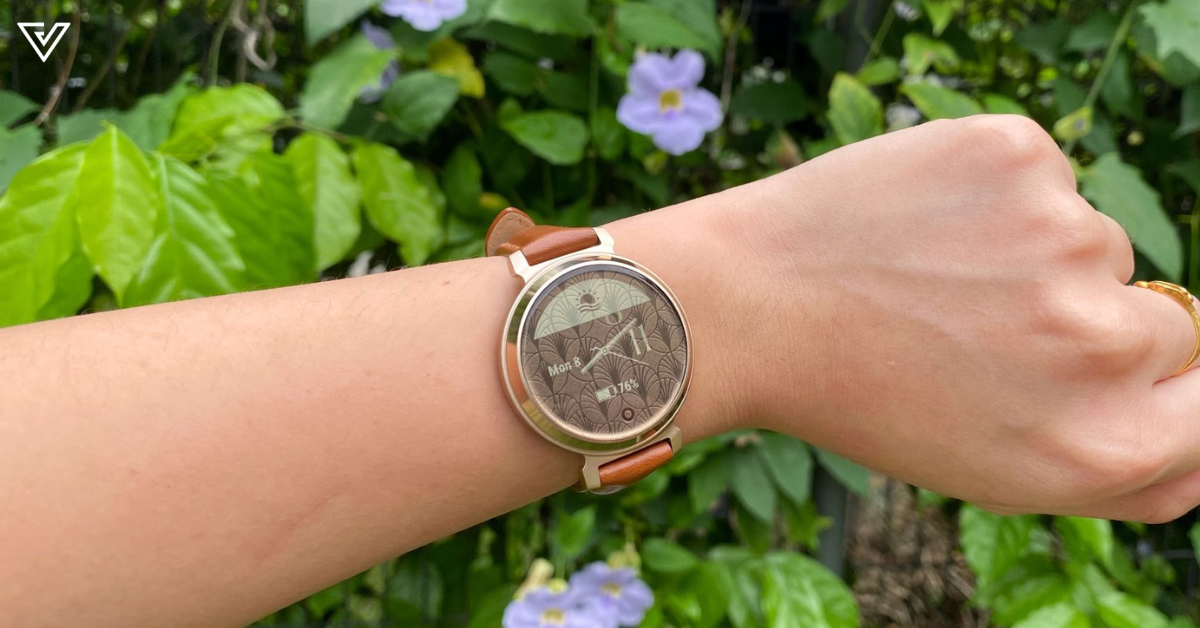- Prime Minister Tun Dr Mahathir Mohamad said that while the Government agrees with the practise of free trade, other countries worldwide impose conditions for their own markets.
- He also said that the automotive industry is vital for a country’s growth and that a new national car project would help boost Malaysia’s engineering capabilities.
- However, protectionist principles only end up hurting a country’s industry in the long run, and even weaken the local players in the long run.
If you haven’t heard it yet, the government of Malaysia recently announced that they are reviewing the national automotive policy, which may include imposing conditions on the import of foreign vehicles.
Dr Mahathir cited the example of European emission standards, which define acceptable limits for exhaust emissions of new vehicles.
He then said, “But here, any cars produced, even those made out of ‘tin Milo‘ can enter the Malaysian market, so it is very open.”
More tellingly, he also mentioned a new national car project, which he had already brought up earlier in June.

Open Up Our Markets And Stop Protectionism
However, I strongly feel that we shouldn’t pose further conditions on imported foreign vehicles; the automotive market needs to be left open to competition or we will never reach world standards as our “babies” are protected by the government.
Excise duties imposed on foreign manufactured cars have made them very expensive for consumers in Malaysia and we are known to have one of the highest taxes for cars in the world.
Dictionary time: An excise is a tax made by governments on certain types of goods produced and used within their own countries.
This makes most foreign cars extremely expensive for buyers, although still cheaper compared to other countries. These taxes can cause a foreign car to cost almost three times or 300% more than the original price.
The result? Malaysia’s car industry is dominated by two local manufacturers—Proton and Perodua—which are heavily supported by the government through the National Car Policy e.g. trade barriers and excise duties.
For more growth, instead of just protecting the two, we should instead focus on bringing in big automotive brands into the country and creating policies which will be friendly towards all. Look at our northern neighbours, Thailand.
Thailand’s automotive industry has become the largest in Southeast Asia and the 12th largest in the world, all without even having a national car.
Established half a century ago, Thailand’s automotive sector accounts for nearly 12% of Thailand’s GDP and employs more than 500,000 people, and producing 2 million vehicles every year.
Comparing industry sizes, we produce around 500,000 vehicles yearly in Malaysia.
The Thai government offers land ownership rights for foreign investors and smooth visa and permit processes for foreign auto advisers. Along with partnerships with various international manufacturers, they’re making it as easy and desirable for automakers to make parts in Thailand itself (and also to export these components).
Thailand’s government has also introduced various tax incentives favourable to foreign investors. Companies relocating to Thailand are exempt from corporate income tax for eight years. Thailand also reduces corporate tax rates by up to 50% for certain areas in the country such as auto-making hub Rayong, which are home to General Motors and Ford.
Thailand’s automotive industry succeeded because they went down the route of liberalisation, not protectionism.
Focus On Public Transport First
With the recent announcement of the MRT3 project postponed and the ECRL project under review, public transport options for Malaysians will be limited to what we have now. Only Klang Valley and Kuala Lumpur have (barely) decent public transportation—how about the rest of Malaysia?
Rather than getting more cars on the road and adding in to the traffic jam we face everyday, we should focus on increasing our public transport network around the whole of Malaysia.
It seems to me as the government aren’t fully in one accord on whether they want us to drive more or use public transport. Anthony Loke the transport minister has supported the move to encourage Malaysians to use public transport.
“The government will give priority to various types of buses that will be upgraded in terms of service quality and network, as well as improving the KTM Komuter system in the Klang Valley via upgrading and repairing works on the railway structure,” said Anthony.
They don’t have to be mutually exclusive, but I think getting more Malaysians on board to use public transport should be prioritised over pursuing a third national car. If our public transport is efficient and covers most areas, we won’t have the need to drive or even yet own a car, but for many, that just remains a dream for now.
Don’t Take The Rakyat For Granted
“The government should be clear about its plans for automotive policy. Technical standards on imports to ensure passenger safety are welcome but other barriers to trade, including taxes and duties designed to protect Malaysia’s domestic industry, should be avoided,” said Institute for Democracy and Economic Affairs (IDEAS) economist Adli Amirullah.
We need to stop the protectionist culture in Malaysia and be open to competition. Rather than make a new national car, efforts should be put into focusing on what we have now (i.e. Proton and Perodua), without overly skewing the market to them.
The news about the third national car has generally not been well received by the rakyat expressing their views online. This is just another reminder that the government of the day may think they can get away with anything, but they shouldn’t forget that since May 9, 2018, the people have shown that the power is in their hands.
To pass the test of time and ensure its longevity in power, Pakatan Harapan has to fulfil the expectations that swept it to victory against all the odds. Flogging a dead horse might not be the best way to get public opinion on their side right now.
Feature Image Credit: Flickr/Rob

